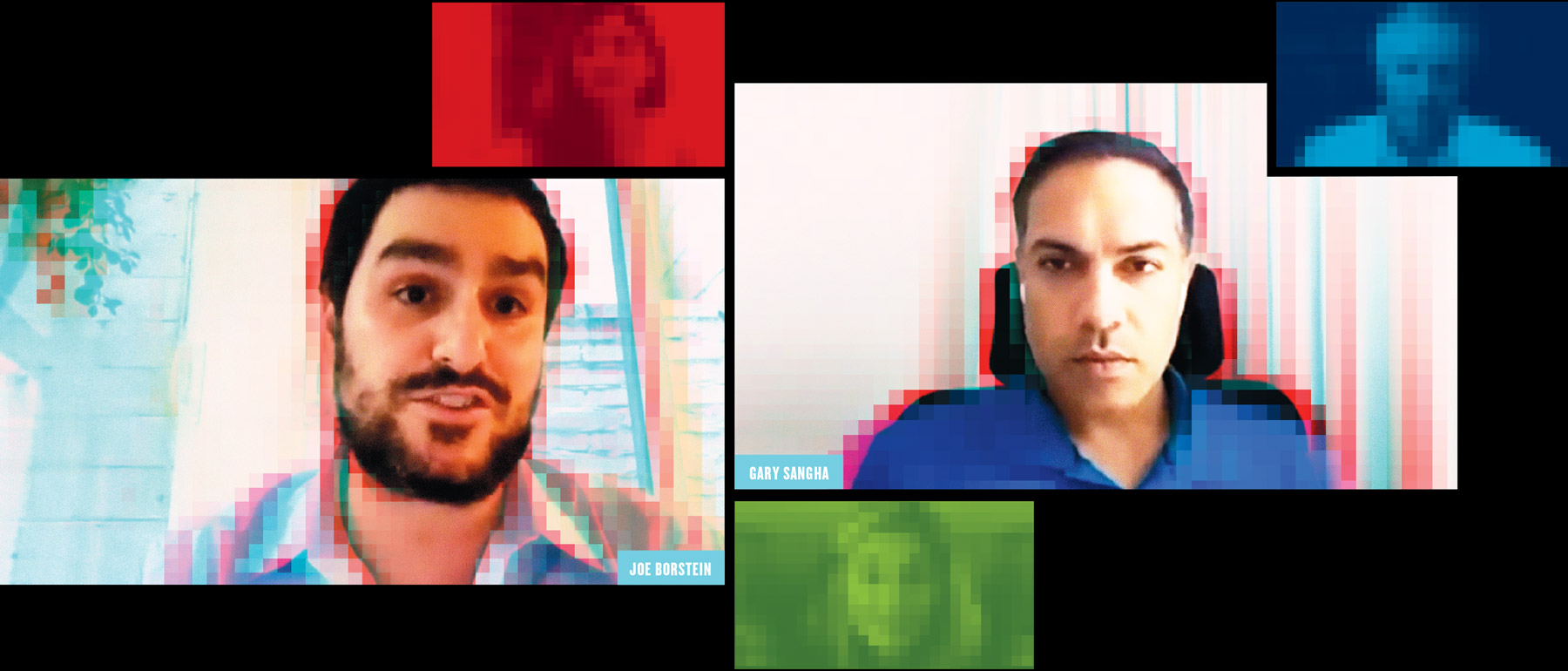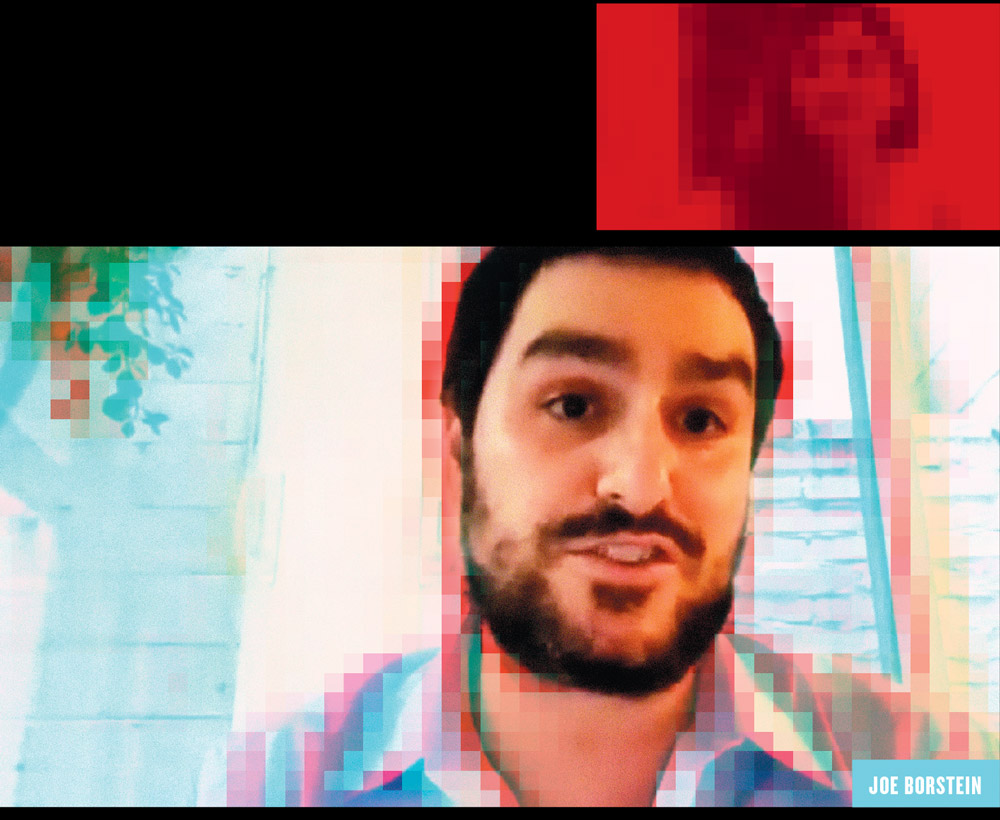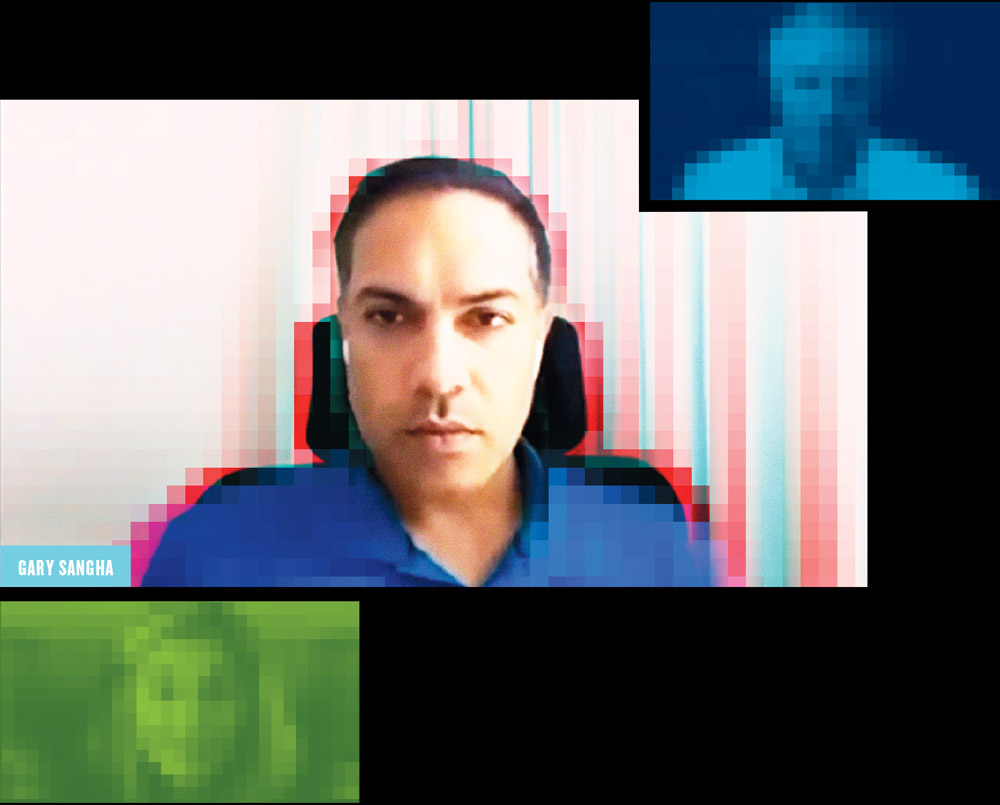



Joe Borstein is a leader in the area of alternative legal services, spending nearly a decade building the brand of one of the world’s largest providers of such services, Pangea3, which counseled Fortune 500 companies and AmLaw firms on how to leverage legal technology and globalized services to improve efficiency, increase work quality and reduce costs. He served as Director of Innovation at Thompson Reuters and writes a column on emerging trends in legal technology for Above the Law. Borstein is a member of the Advisory Board of the Future of the Profession Initiative at the Law School.
Gary Sangha is the Founder and Chief Executive Officer of LexCheck, which is using artificial intelligence to help businesses more quickly review and negotiate contracts. Prior to starting LexCheck, Sangha founded Intelligize, an information services company that helps business professionals more easily research regulatory filings. Intelligize was one of the fastest growing legal technology companies in the US. Sangha has taught at the Law School and serves as a Fellow at the Stanford Center for Legal Informatics.
In a breakout session following the webinar, we asked Sangha and Borstein to assess both the current state of and the possibilities for legal technology.
Joe Borstein — No. 1, a culture of precedents. Remember, we are taught as lawyers stare decisis. You are supposed to do what’s been done before. The fear of doing new things is something unique to the legal industry. Most lawyers think if you’re doing something that is not the practice of law, it is somehow less prestigious.
Borstein — Imagine a small pharmaceutical company wants to sue a big drug company for patent infringement but the cost of bringing the suit, five to ten million dollars, matches the potential recovery. The case will never be brought. If technology such as predictive coding and predictive analytics brings the cost down to one to two million dollars, you have a positive expected outcome. By bringing down the cost of prosecution, you’ve created a valid claim, you’ve created work on both sides, and you’ve grown the pie.
Borstein — I think it’s going to change what lawyers do. Document review is a great example. In my last year practicing I was working on a case with about ten million documents and over one million third party subpoenas. I spent all of my time managing teams, doing triage. Now a lot of that work can be done with technology and globalized services. Will automation net take away work? I actually don’t think so. What we’ve seen in the last ten years is as automation has grown and globalization has grown, law firms have grown as well.
Borstein — A lot of the access to justice issues come from an extremely complicated court system in which there is not a free market like there is in the private sector. Very few people stand to gain through technological advancement in the government sector. It has to be a much bigger priority for the government than it is now.